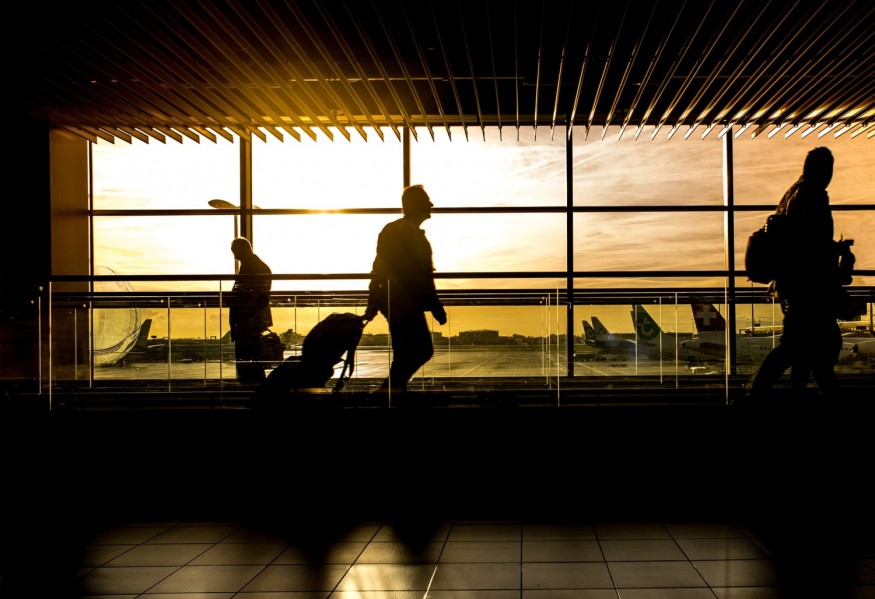
The Federal Aviation Administration (FAA) established a dedicated committee on Tuesday, tasked with potentially revising the regulations surrounding pilot mental health.
This development followed on the heels of the inaugural National Transportation Safety Board (NTSB) summit, which convened on Wednesday to address the persistent stigma in the aviation industry. This stigma often leads to pilots with treatable mental health issues forgoing necessary assistance due to fear of career repercussions.
NTSB Chair Jennifer Homendy, speaking at the commencement of the summit, highlighted the dilemma facing aviation professionals. She pointed out that the current regulatory framework of the FAA inadvertently incentivizes either dishonesty or avoidance of mental health care.
"No one, no one, should have to think twice about their job before seeking help and yet here we are today because that's not currently the case in aviation," Homendy stated at the summit's opening. "In aviation, you are in effect punished for following the rules around disclosure."
The FAA's newly formed Mental Health Aviation Rulemaking Committee is charged with the responsibility of identifying and eliminating any remaining obstacles that deter pilots from reporting and seeking mental health care.
The NTSB's recent roundtable event, as explained by Chair Homendy, brought together specialists from aviation and medical backgrounds. She criticized the FAA's archaic pilot certification system, revealing a scenario where pilots feel stigmatized or compelled into silence rather than seeking help.
The spotlight on pilot mental health intensified following the October incident involving off-duty pilot Joseph Emerson. Emerson was accused of attempting to crash an Alaska Airlines flight. He disclosed to the police post-incident that he had been experiencing prolonged sleep deprivation, recent psychedelic drug use, and enduring depression.
The incident on a flight from Seattle to San Francisco escalated when Emerson, seated in the cockpit jump seat, attempted to disable the plane's engines. Quick action by the crew averted a potential disaster.
Emerson, in a subsequent interview with The New York Times, recounted experiencing a disoriented state on the day of the flight, further exacerbated by a panic attack.
He now faces legal charges, including one count of endangering aircraft and multiple counts of reckless endangerment, as announced by the Multnomah County District Attorney's Office in Oregon.
Emerson's defense team, Levi Merrithew Horst PC, issued a statement emphasizing his lack of harmful intent and the absence of criminal motivation, expressing confidence in presenting a comprehensive defense at trial.
Pilots currently need a medical certificate from the FAA to fly, with requirements becoming more stringent with age. Pilots must disclose any mental health conditions on their examination forms, with significant nondisclosure penalties, including potential imprisonment and hefty fines.
Research from the University of North Dakota revealed that over half of pilots avoid seeking healthcare due to fears of losing their medical certificates. Dr. William Hoffman, a neurologist and researcher, acknowledged the FAA's role in ensuring aviation safety but called for a revised approach to mental health, per CNN.
Homendy has joined the chorus of voices advocating for change, recognizing that the present regulations foster a harmful stigma among pilots, deterring them from even considering therapeutic support.
The FAA has set a deadline for the committee to submit its recommendations by the end of March. These recommendations will also be considered for FAA air traffic controllers, as the agency addresses staffing challenges in air traffic control.
